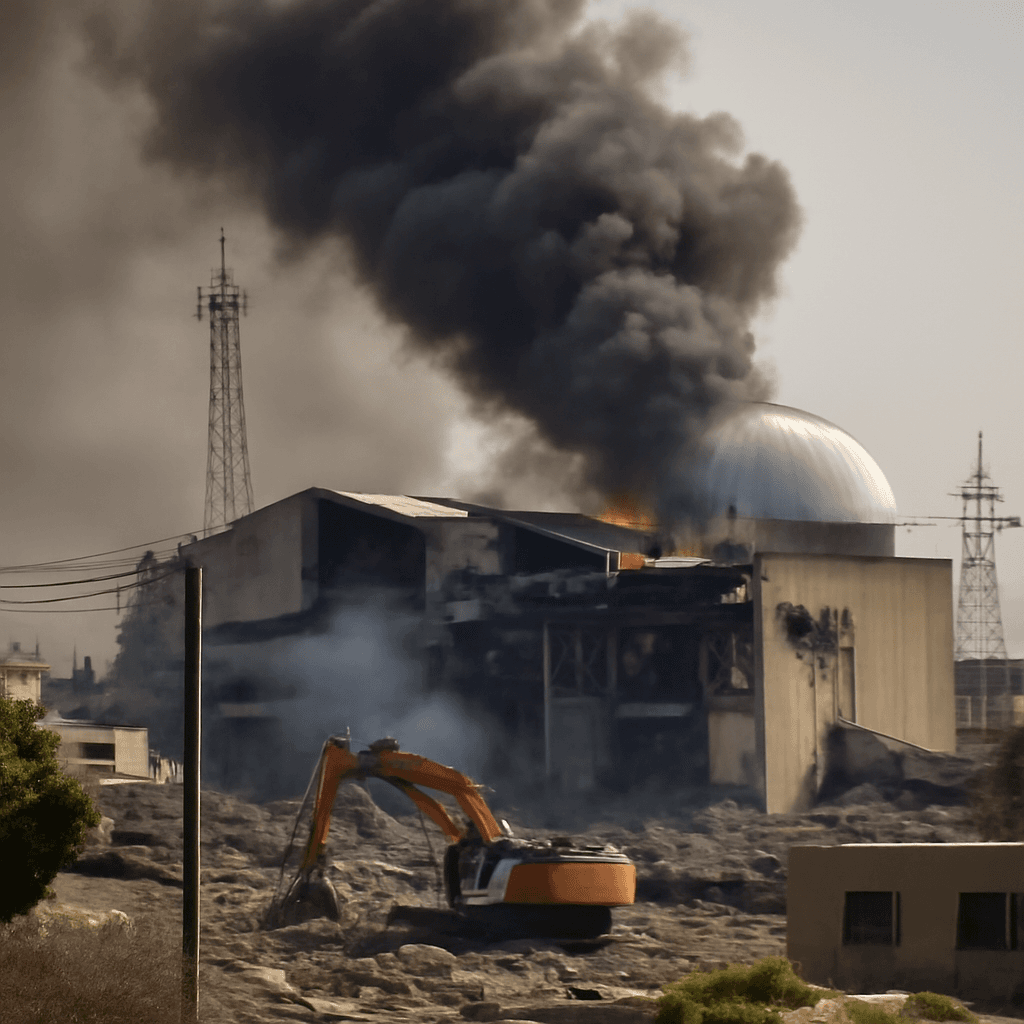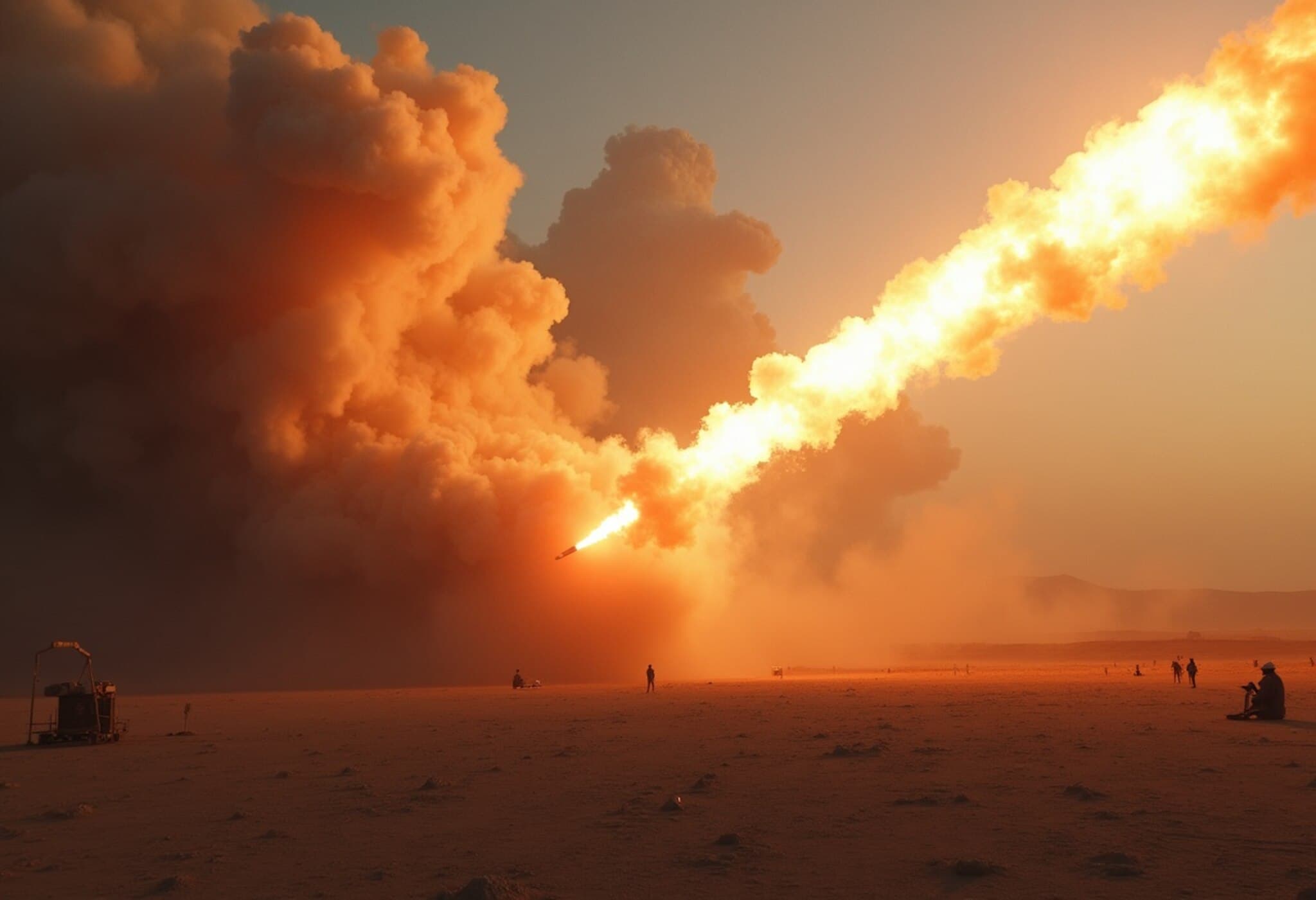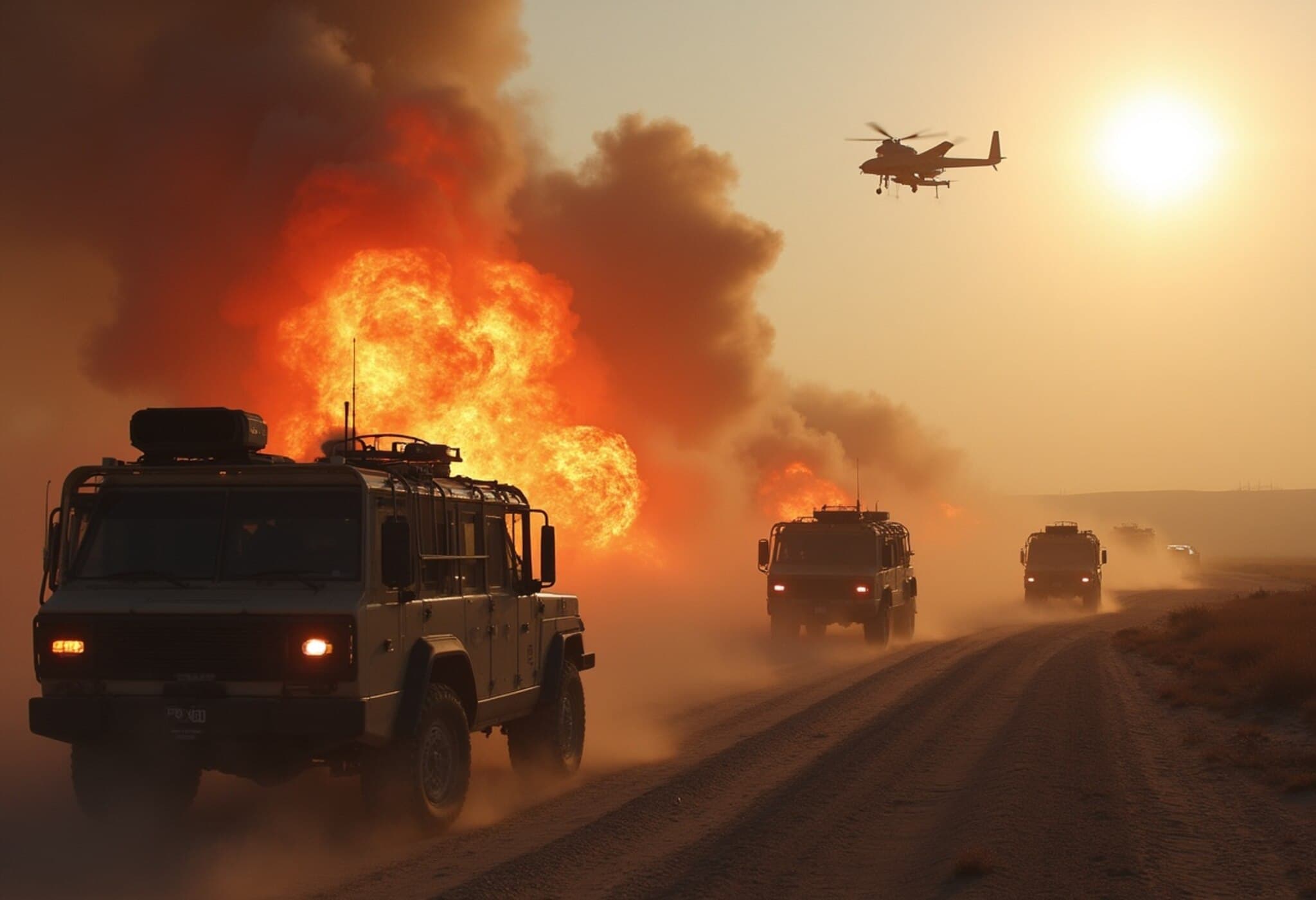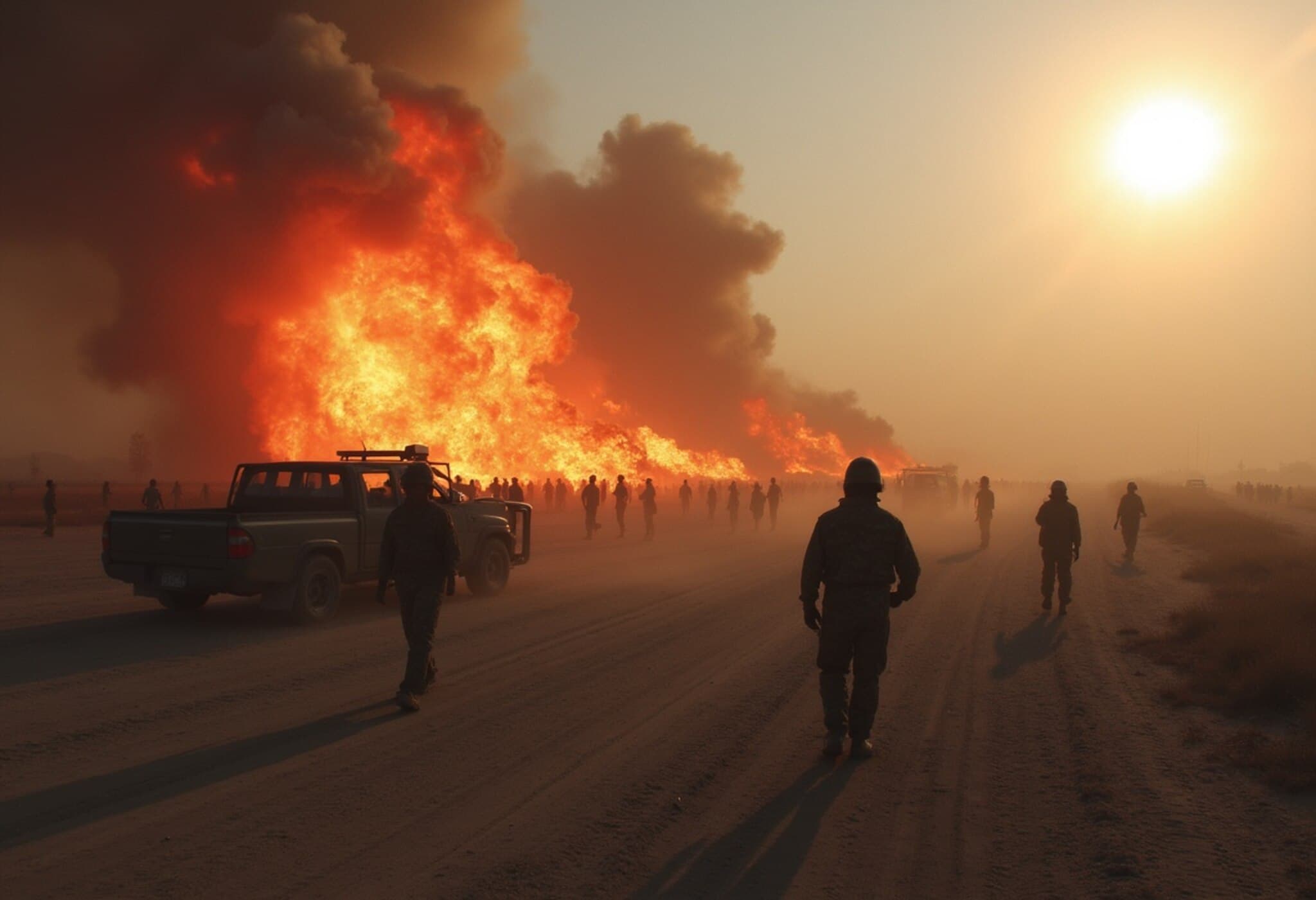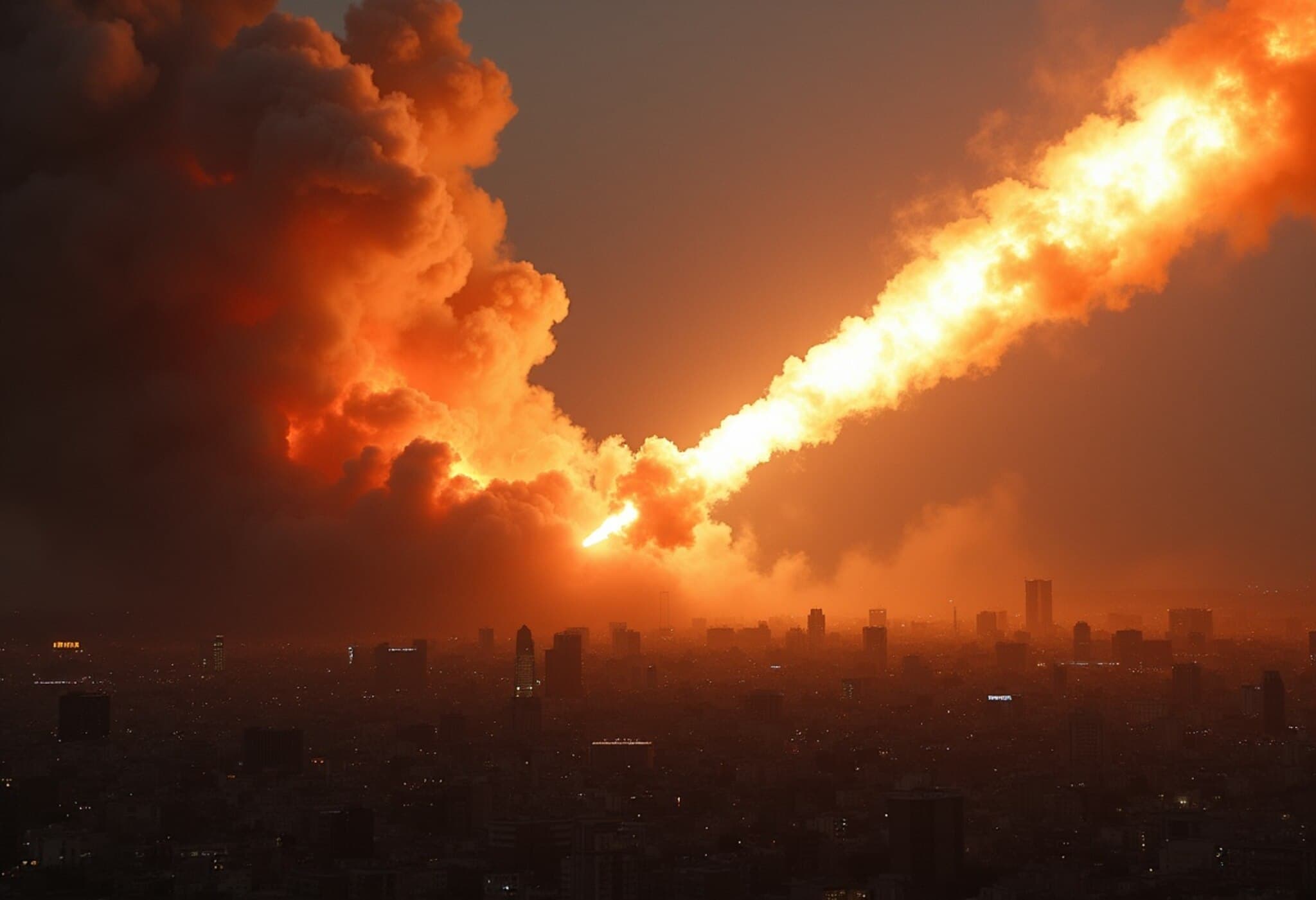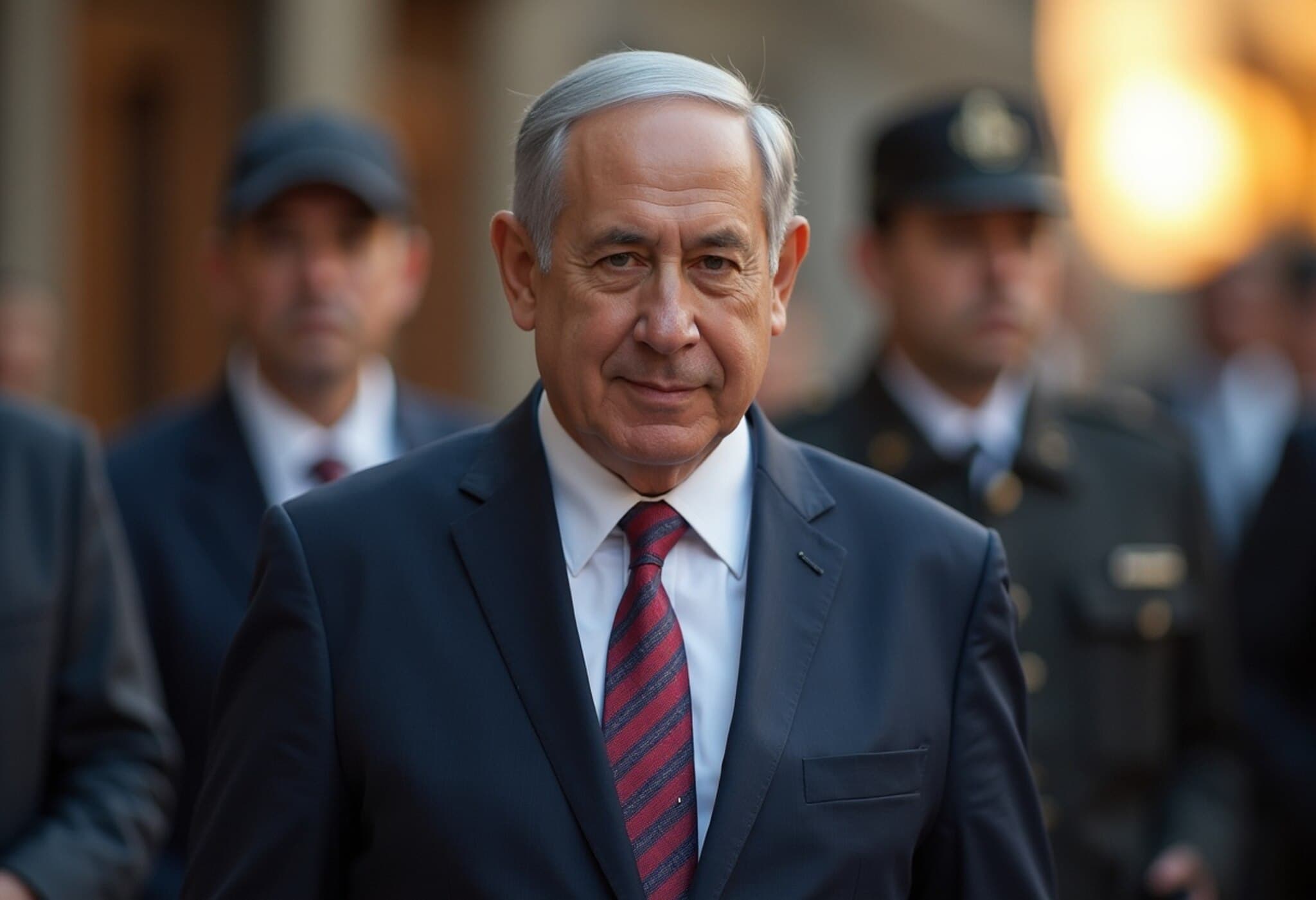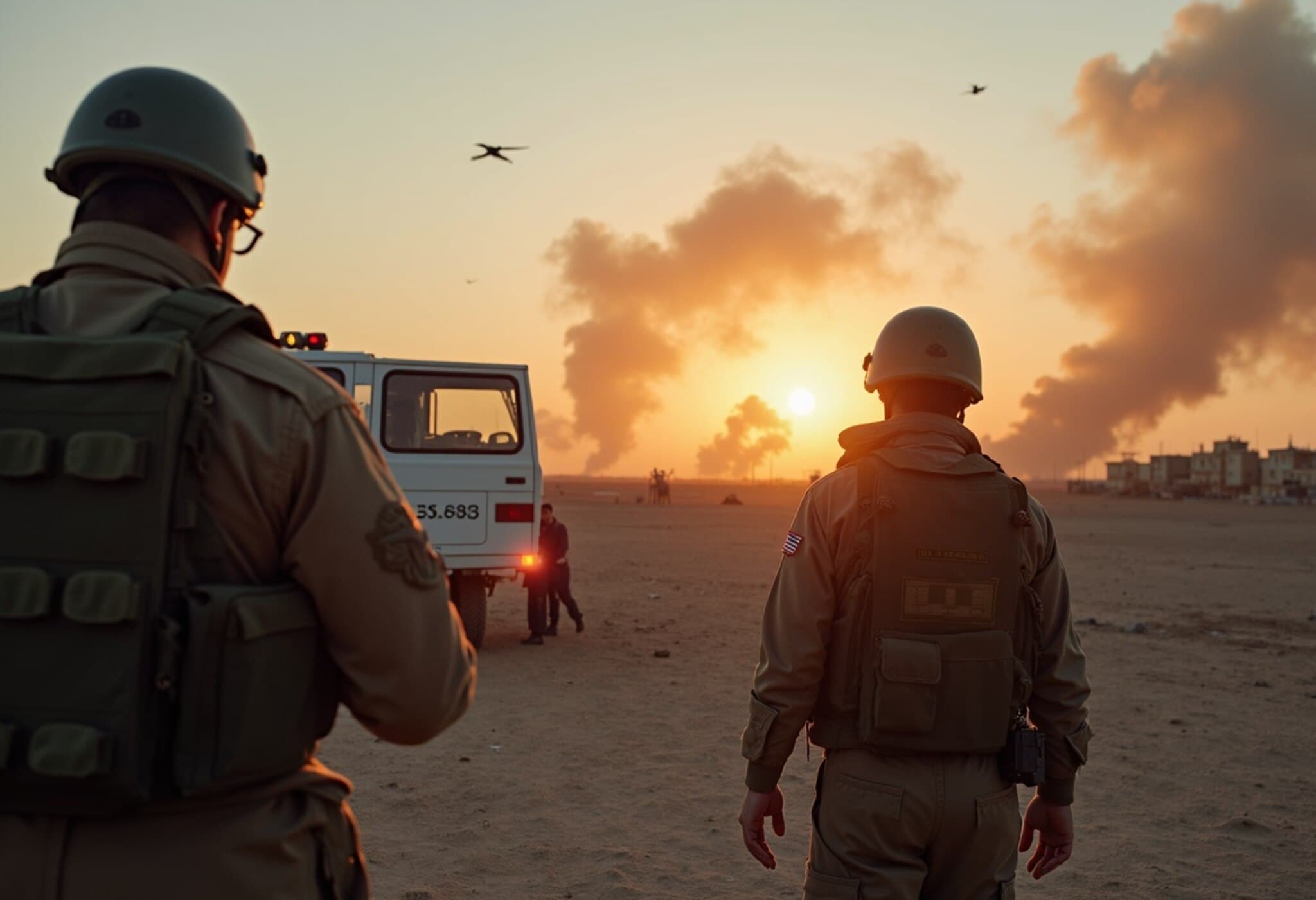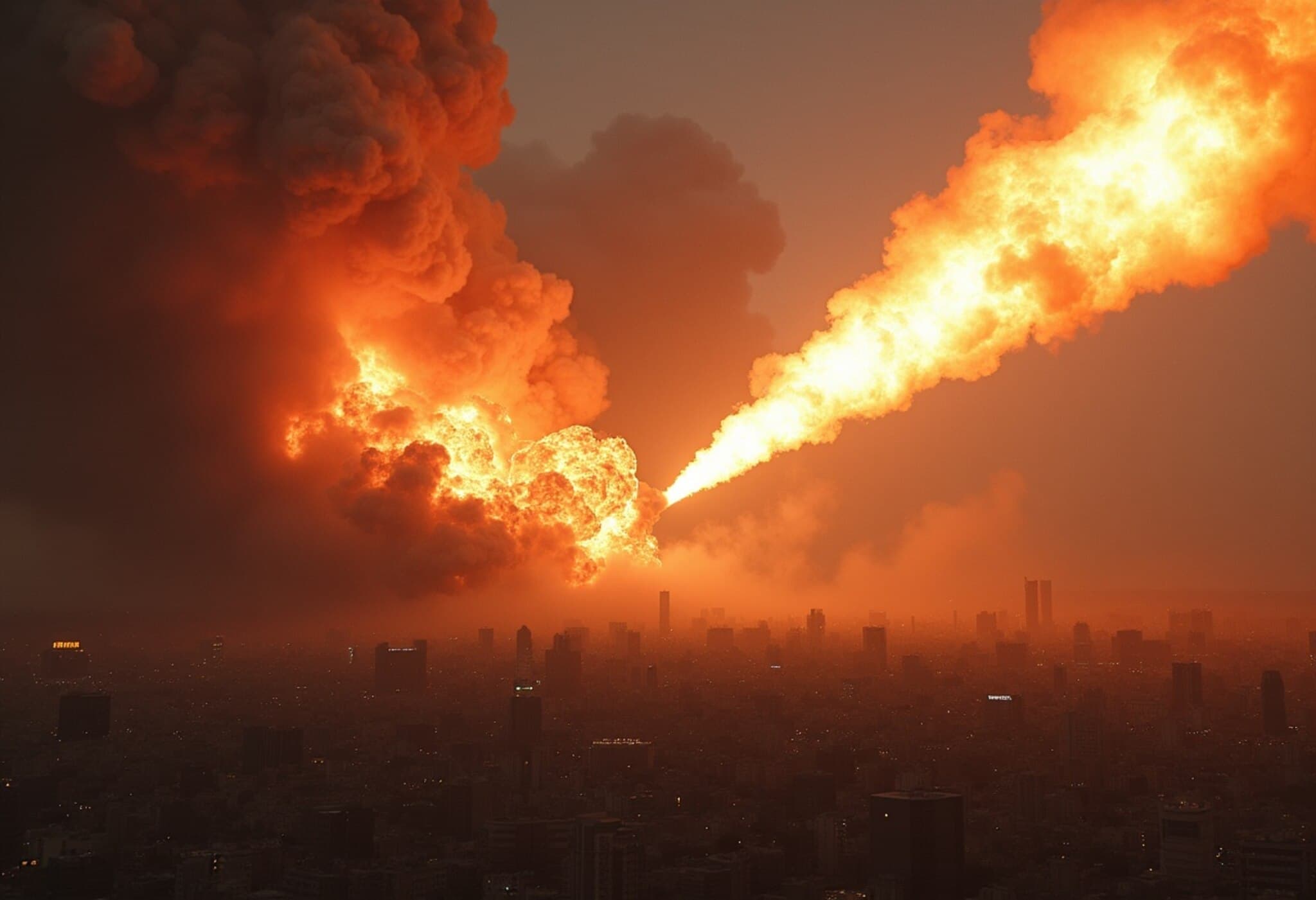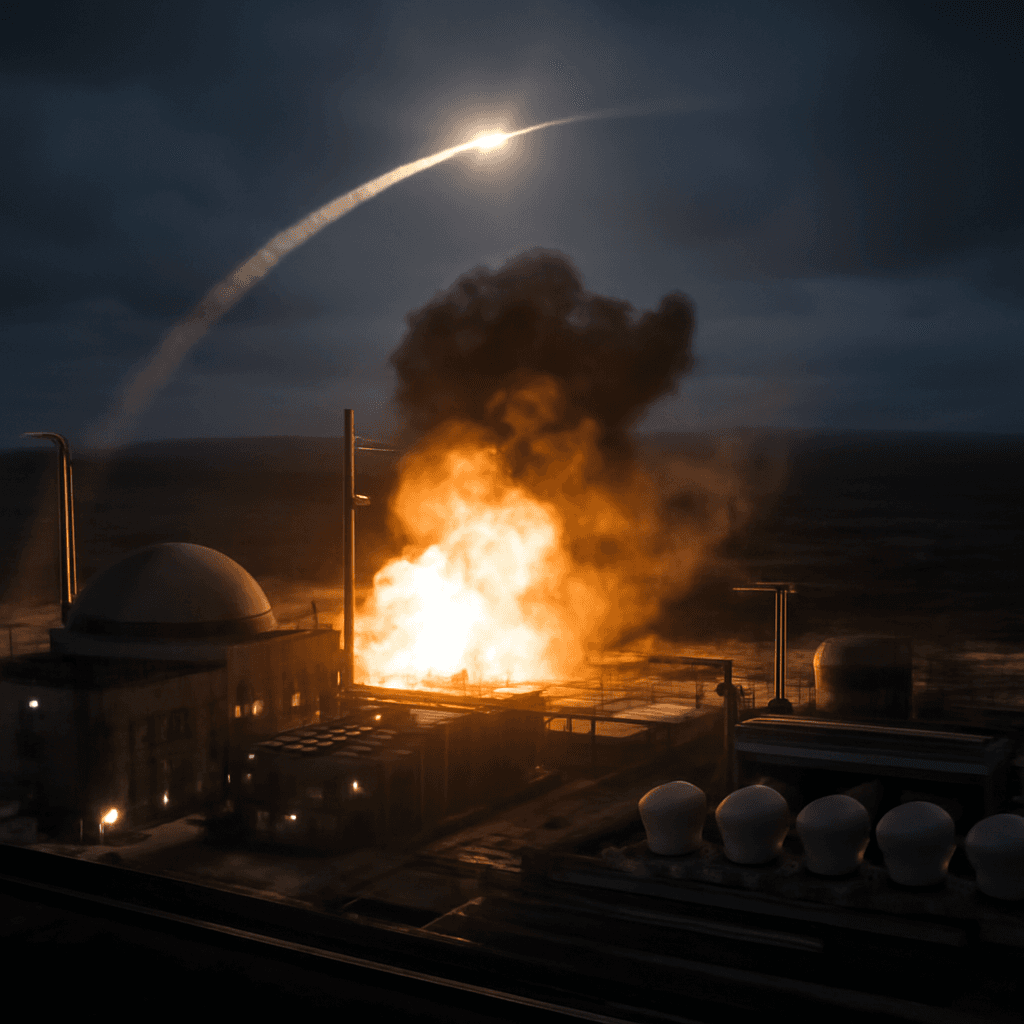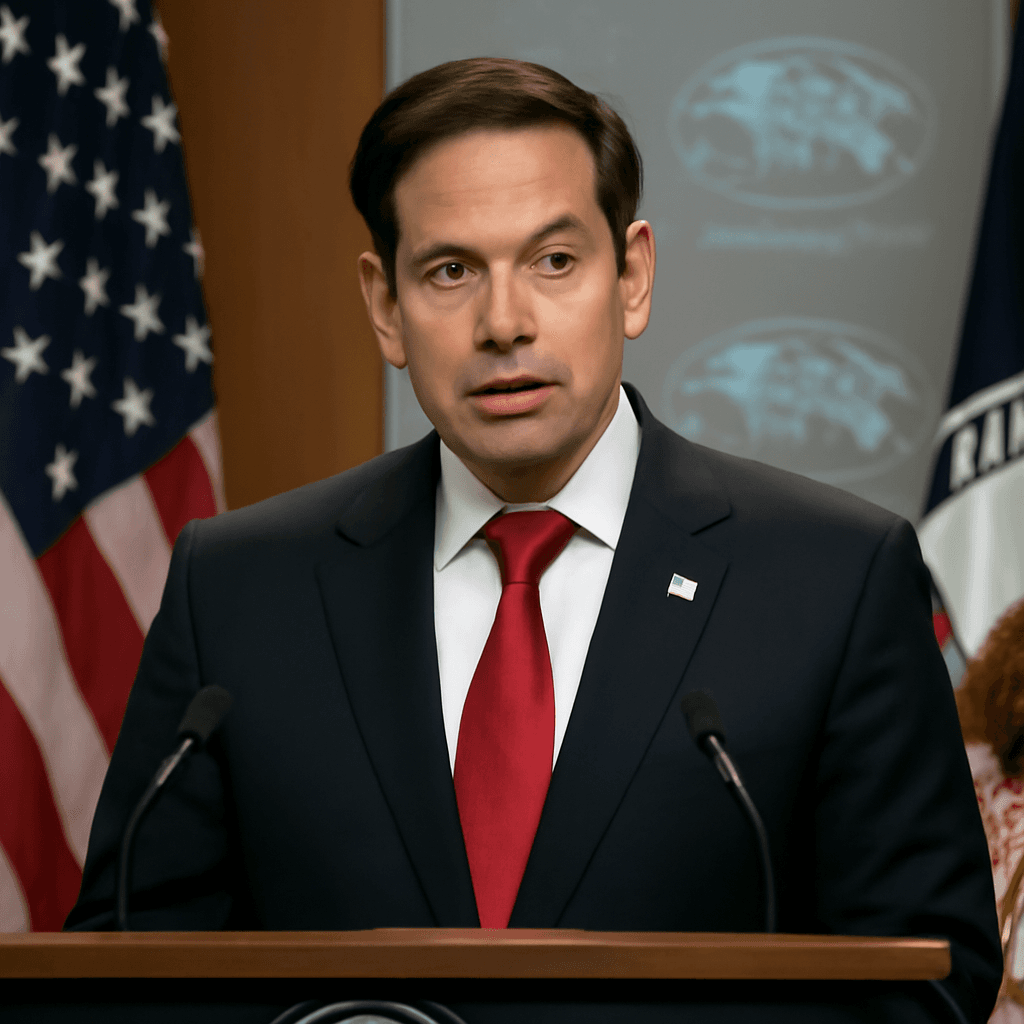Israel Launches Airstrikes on Iran’s Nuclear Sites
In a significant and escalating development, Israel launched a series of airstrikes on Iranian territory early Friday morning local time, targeting key sites linked to Iran's nuclear program. The operation marks a sharp intensification of tensions, pushing the longstanding conflict between the two nations towards open warfare.
Emergency Measures and Warnings in Israel
Immediately following the strikes, Israel's Defense Minister declared a state of emergency nationwide. He cautioned citizens to prepare for potential missile and drone attacks against Israeli cities and civilians. Prime Minister Benjamin Netanyahu assured the public that the offensive would continue “for as many days as it takes to remove this threat.”
Casualties and Targeted Assassinations
According to reports from Iranian state media, multiple fatalities occurred in Tehran as a result of the airstrikes. Intelligence sources reveal that Israel is actively targeting senior Iranian military officials and nuclear scientists with assassinations to cripple the nuclear program. These targeted operations remain ongoing amid escalating violence.
Regional and Global Market Reactions
The strikes fueled immediate economic repercussions worldwide. Oil prices surged over 7% as fears of a broader Middle Eastern conflict prompted concerns about supply disruptions. Meanwhile, U.S. stock futures dipped significantly, with major indices falling sharply amid the rising geopolitical uncertainty.
The United States’ Position
While Israel launched the operation independently, the United States was informed beforehand. President Donald Trump was briefed in advance but declined to involve American forces in the attacks. Secretary of State Marco Rubio emphasized that the U.S. priority remains the protection of American personnel in the region, affirming U.S. support for Israel’s decision as necessary for self-defense.
Throughout Thursday, the White House's national security team closely monitored the situation from the Situation Room as tensions flared.
Visuals of Conflict and Soundscapes in Tehran
Videos circulating on social media capture explosions rocking eastern Tehran, with the sounds of jets overhead and anti-aircraft fire audible in the city’s northern sectors. The imagery and audio provide a stark glimpse into the immediate chaos unleashed by the strikes.
Diplomatic Strains and a Worsening Outlook
Just days earlier, President Trump expressed concerns over the Middle East’s volatility, hinting at the region’s growing instability. He attributed part of the escalation to Iran’s delay in engaging in meaningful negotiations, expressing diminishing confidence in achieving a diplomatic resolution to halt nuclear development.
Conversely, Tehran criticized Washington’s approach, accusing the U.S. of lacking sincerity in talks and denying Iran’s right to pursue uranium enrichment for peaceful purposes.
What’s Next?
The military actions and political rhetoric signal a dangerous turn for Middle East security. As Israel vows to persist until threats are neutralized, the international community watches closely, wary of further deterioration and regional spillover.

